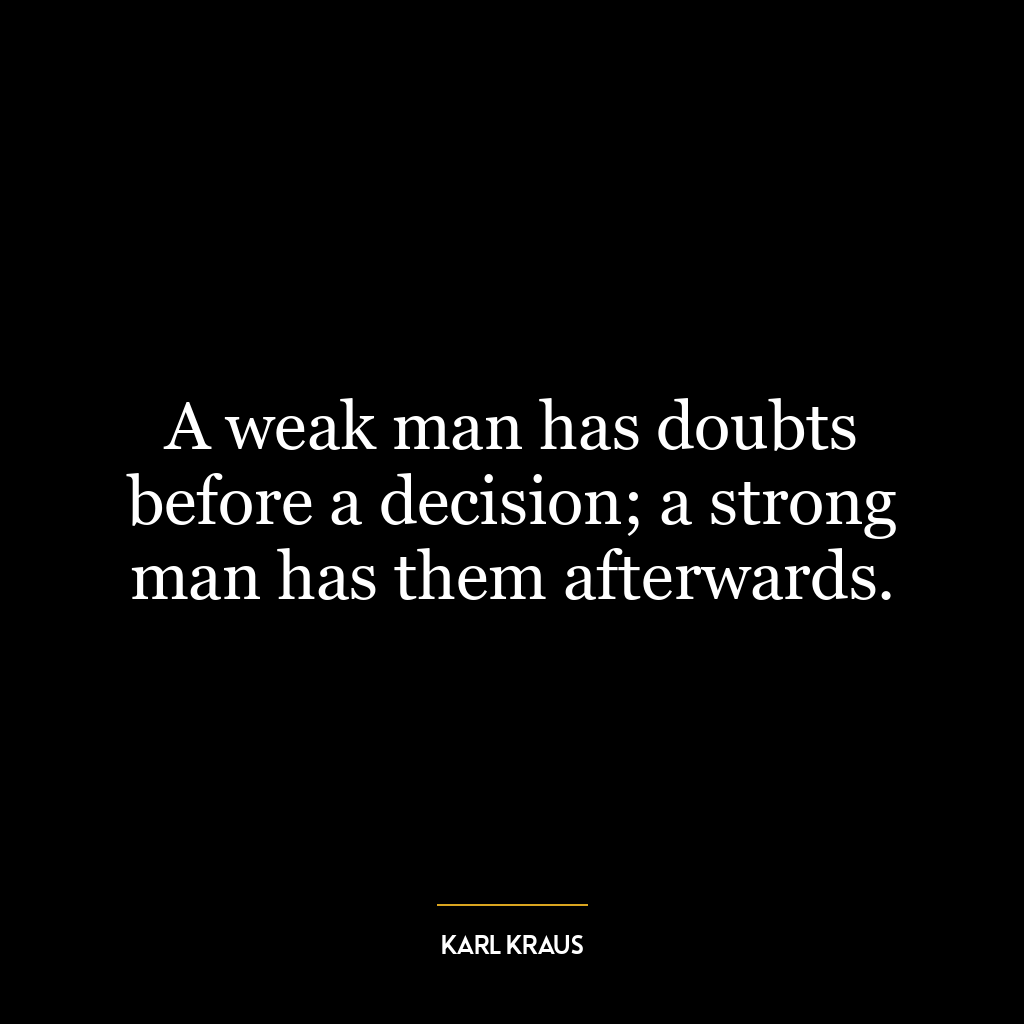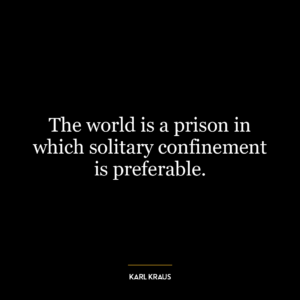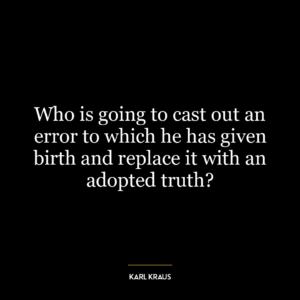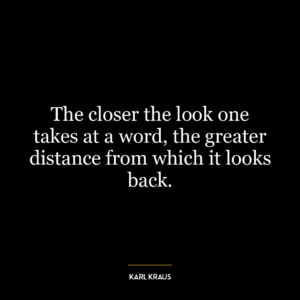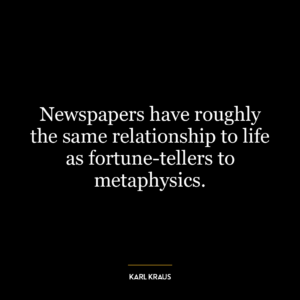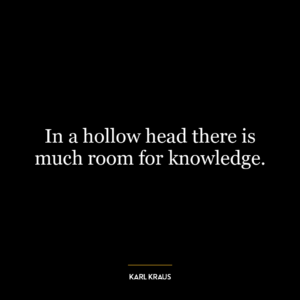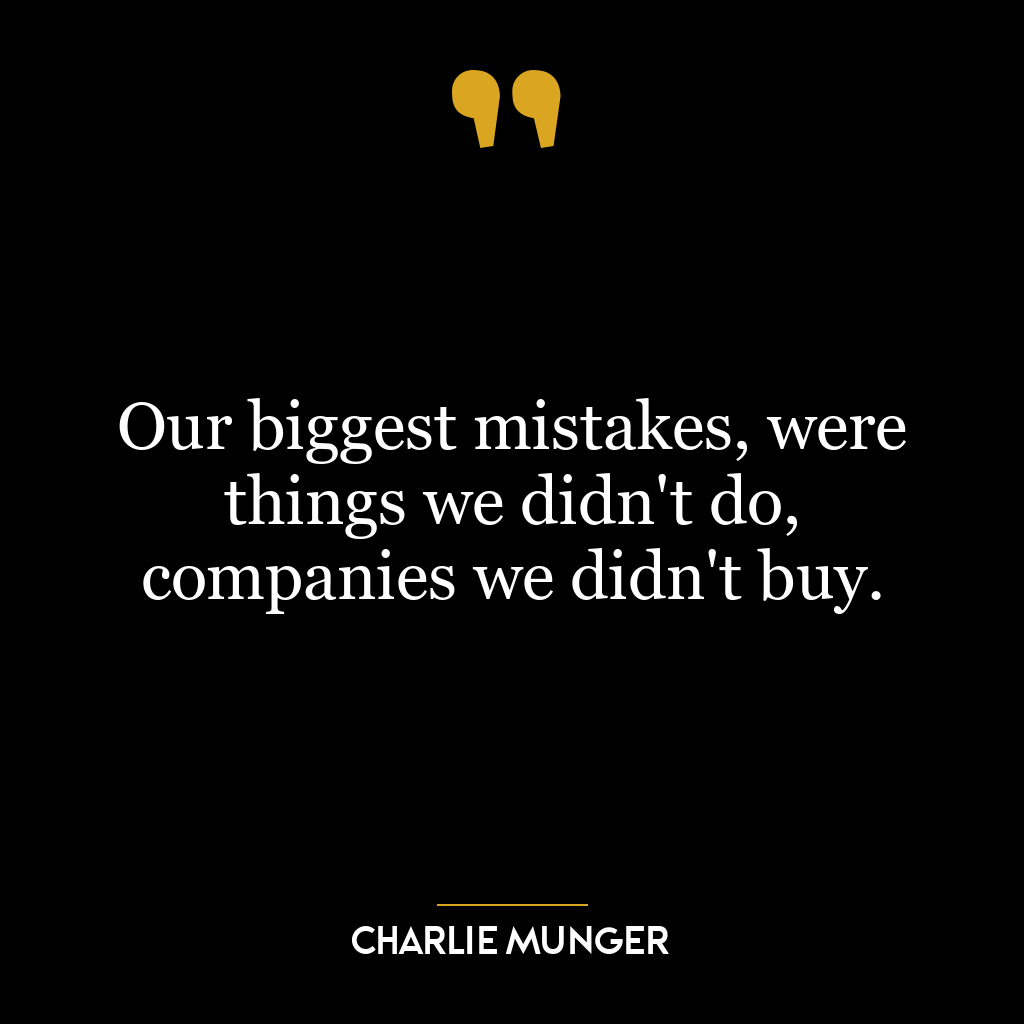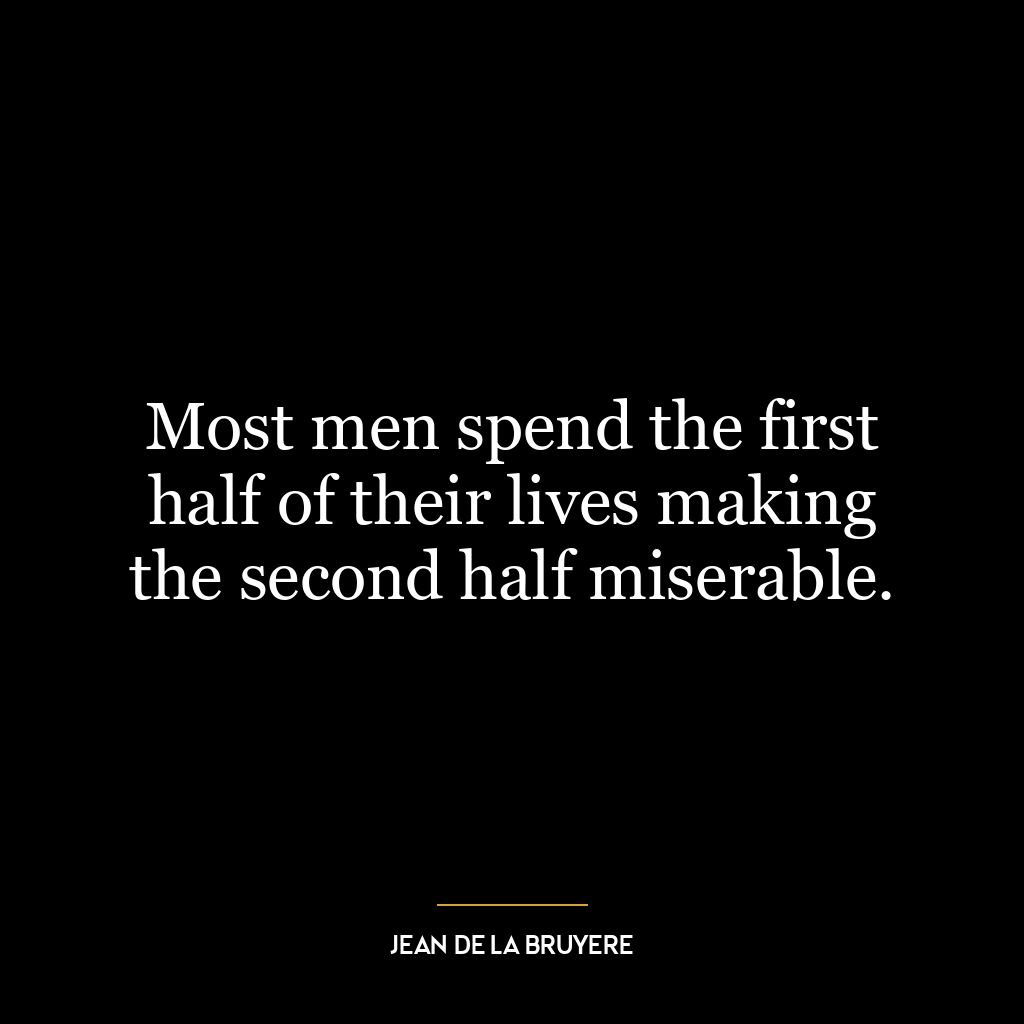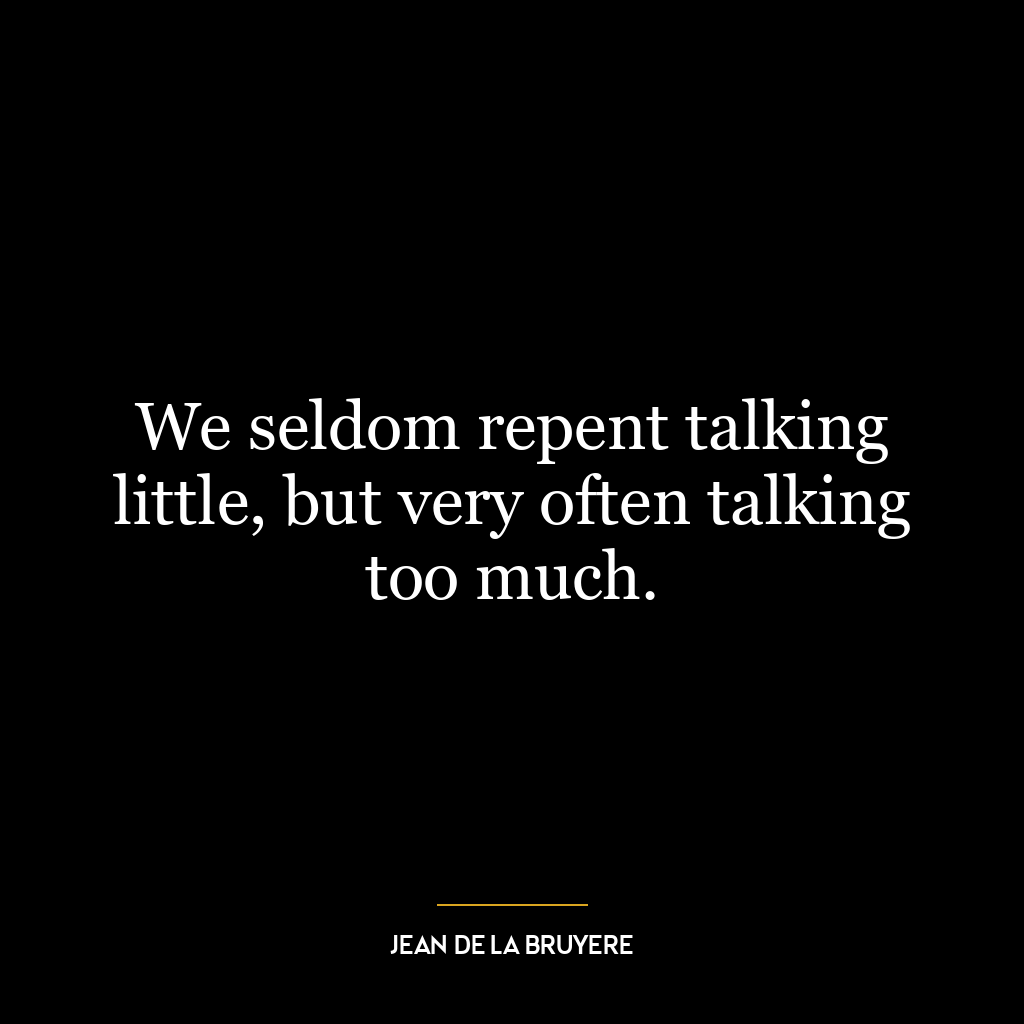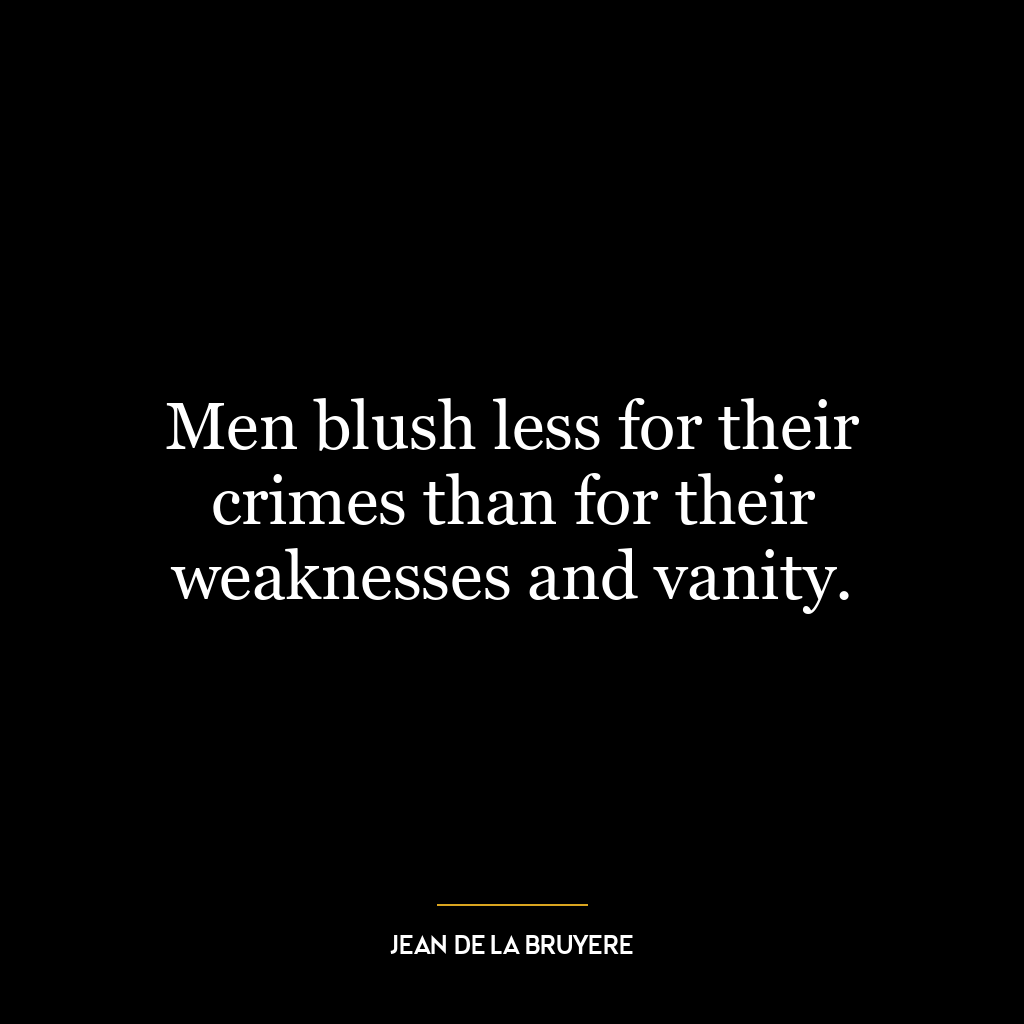A weak man has doubts before a decision; a strong man has them afterwards.
This quote suggests that the difference between a weak and a strong person lies in the timing of their doubts. A weak person, according to the quote, is filled with doubts before making a decision. This could be due to fear of the unknown, lack of confidence, or an inability to trust their judgment. Their doubts may prevent them from making decisions, and if they do make a decision, it’s often clouded by these doubts, leading to a lack of commitment and conviction.
On the other hand, a strong person, as per the quote, has doubts after making a decision. This doesn’t mean they regret their decision, but rather they critically evaluate their decisions post-factum. This kind of doubt can be constructive, leading to learning, growth, and improvement for future decisions. It’s a reflection of their courage to make decisions despite the uncertainty and their willingness to take responsibility for the outcomes.
Applying this idea to today’s world, it’s clear that decision-making is a crucial skill in various fields, from business to politics to everyday life. In an era where information overload is common, it’s easy to get lost in doubts and uncertainties before making a decision. However, this quote encourages us to be decisive and brave, to trust our judgment, and to learn from the outcomes of our decisions.
In terms of personal development, this quote can be a reminder to foster confidence and decisiveness. Doubts are natural part of life, but it’s important not to let them paralyze us before we make a decision. Instead, we should use them as a tool for reflection and improvement after the decision has been made. This approach promotes growth, resilience, and continuous learning.

